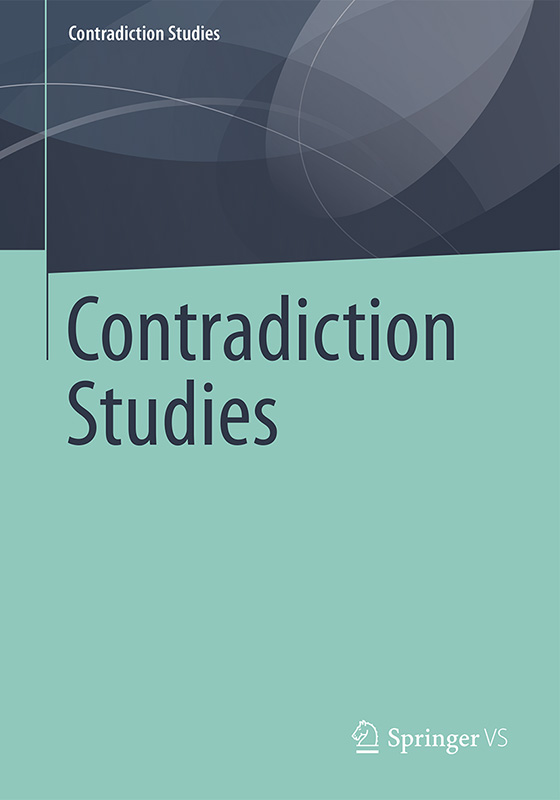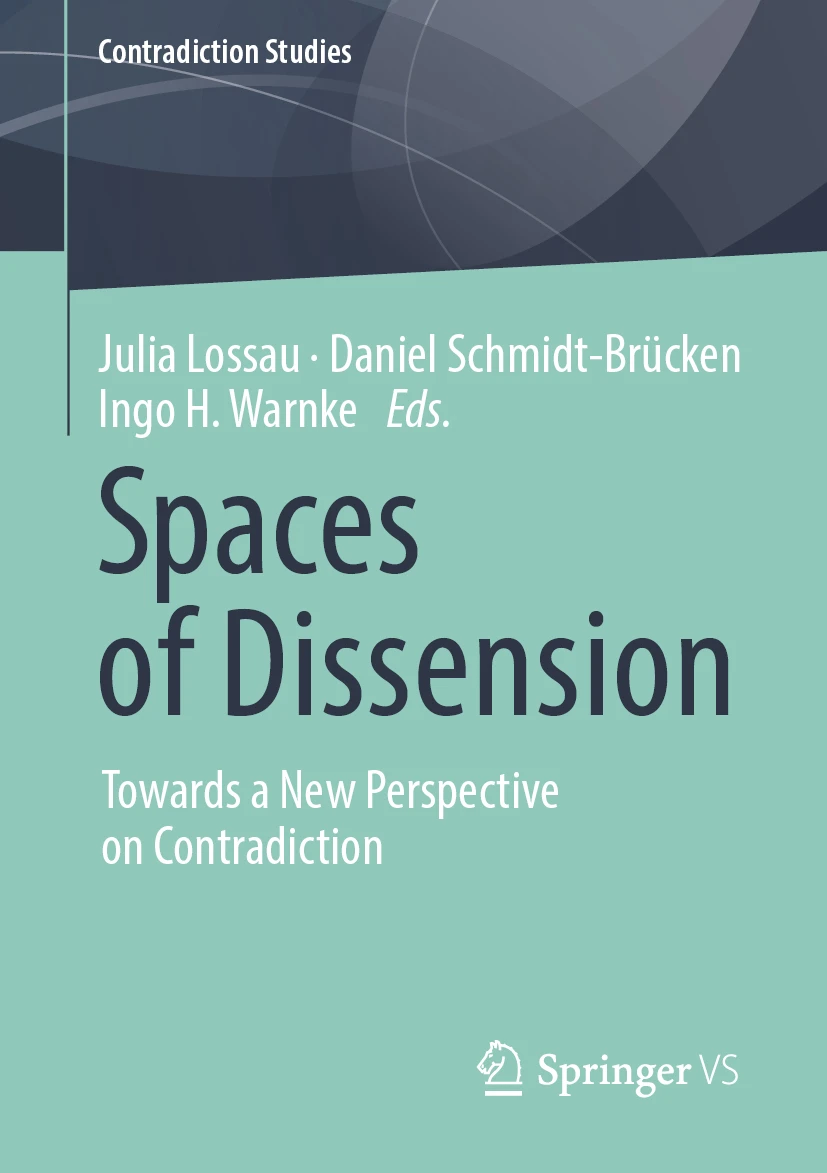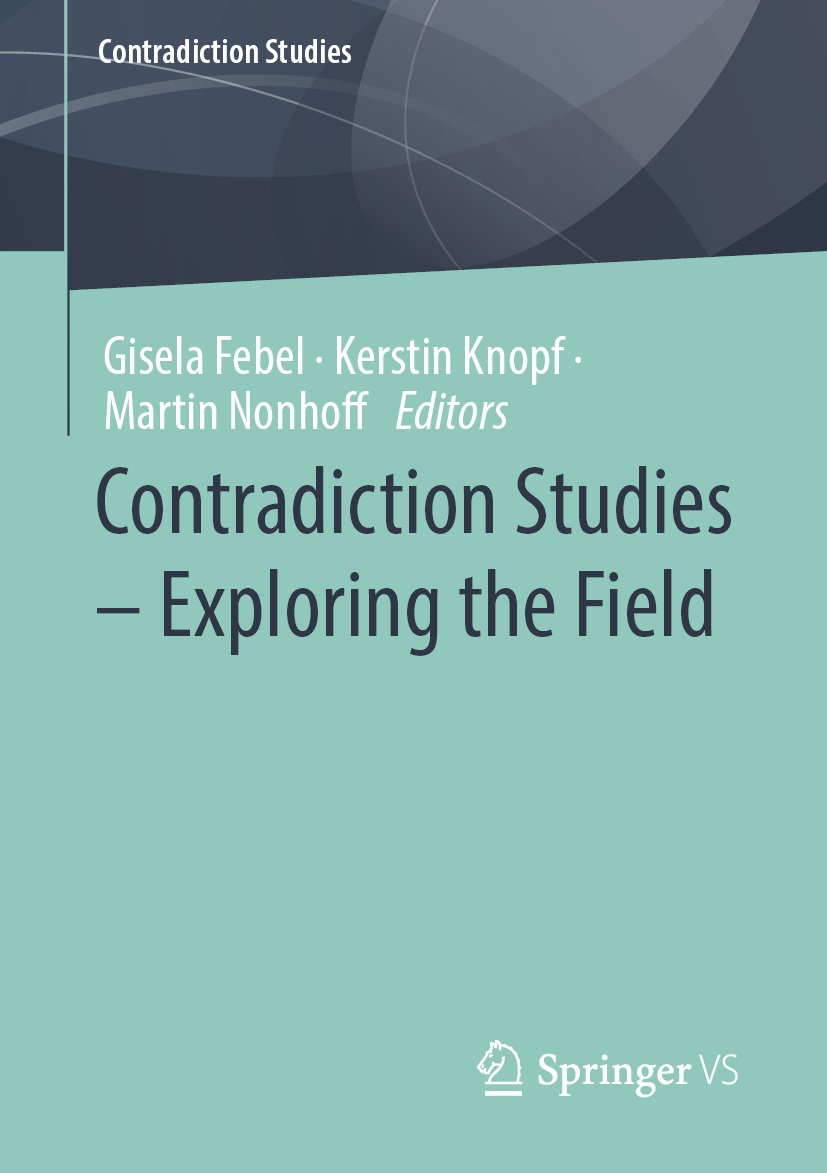
Putting contradiction center stage, this series aims at challenging simplistic conceptualizations of the contradictive. The series editors agree that contradictions are not necessarily about being resolved but that they rather provide starting points for polyphonic conversations. Contradiction Studies is meant as an invitation to reflect on the power of contradiction, fostering dialogue between the humanities, cultural studies, and social sciences.
print
ISSN: 2524-3608
electronic
ISSN: 2524-3616
Publications in this series:
-

Contents
This volume focusses on contradiction as a key concept in the Humanities and Social Sciences. By bringing together theoretical and empirical contributions from a broad disciplinary spectrum, the volume advances research in contradiction and on contradictory phenomena, laying the foundations…
-

Contents
Dieser Band enthält grundsätzliche Überlegungen und textbezogene Fallstudien zu poetologischen Potenzialen von Widersprüchen und Verwandtem in deutschen und europäischen Erzähltexten vom 12. bis zum 17. Jahrhundert. Untersucht werden Akte der Widerrede und Phänomene der Unvereinbarkeit, widersprüchliche Konzeptualisierungen und narratologische Brüche,…
-

Contents
Der Fokus des Bandes liegt auf Widerspruch als Gegenstandsbereich, unter den sprachliche Ausdrucksformen von Entgegensetzung, Paradoxie, Lüge und Einspruch ebenso fallen wie linguistische Methoden des Umgangs mit Widerspruch und Widersprüchlichkeiten in der sprachwissenschaftlichen Disziplinengeschichte. Dabei stellt sich die Linguistik nicht…
-

Contents
Der Band behandelt in interdisziplinärer Perspektive Widerspruch unter anderem als einen konzeptionellen Anker von Diskursanalyse und -theorie. Widerspruch ist eine Figur der Ordnung von Wissen und damit Ausdruck von Machtverhältnissen. Akteur*innen, die Widersprüche identifizieren und als solche erst wahrnehmbar machen,…
